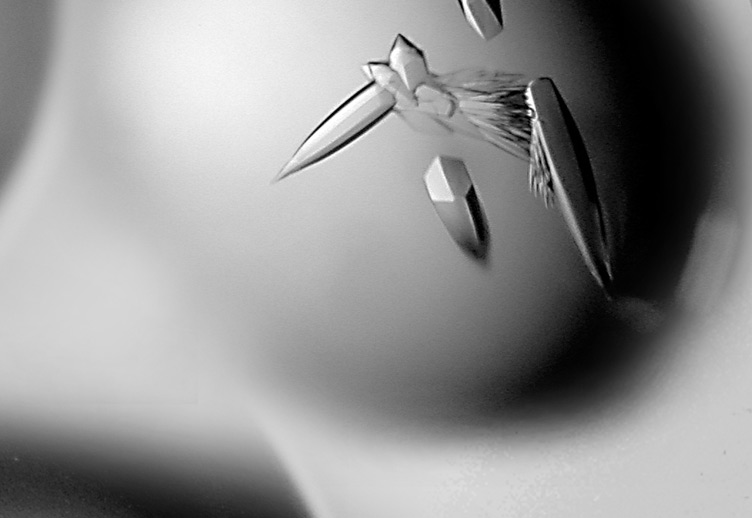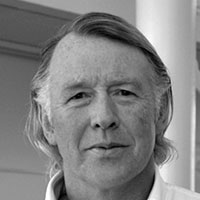Ubiquitin and SUMO: an hands-on experience... by the sea
Personal memories for a memorable EMBO Practical Course organized by Simona Polo
July 2013
The 4th EMBO Practical Course on "Ubiquitin and SUMO" was run from 1-8th September, 2012 in Sardinia, Italy. It is difficult to imagine a more beautiful setting for the course than the Porto Conte Ricerche, Capo Caccia in Alghero, Sardinia. The self-contained Research Centre has laboratories, lodgings, lecture halls as well as a bar and restaurant located on a single site within a nature reserve, that overlooks a beautiful bay on the coast of the small peninsula. Simona Polo of IFOM, Milan organized the course and was ably assisted by her co-organisers Helle Ulrich (CRUK, London), Frauke Melchior (ZMBH, Heidelberg) and Ivan Dikic (Goethe University, Frankfurt). The whole course ran like clockwork and was a testament to the administrative skills of Daniela Ubezio of IFOM.
This was a truly international event with students coming from 12 European countries and lecturer/instructors coming from the USA and 4 European countries. Certainly the course was not for the faint-hearted. After an early breakfast course work started at 08.30 and was rarely finished by 23.00. The formal part of the proceedings consisted of 5 set experiments, one bioinformatics exercise and 9 lectures. Topics covered in the practical experiments included "Properties of non-covalent binding between ubiquitin/Ubls and their binding domains" (Ivan Dikic and Jelena Korac), "Detection of ubiquitin and SUMO targets in yeast" (Helle Ulrich and Jonathan Lowther), "In vitro analysis of deubiquinating enzymes" (David Komander and Yogesh Kalathu, MRC, Cambridge), "Detection of ubiquitin targets in mammals" (Simona Polo, Sara Sigismund and Elena Maspero) and "in vitro SUMOylation" (Frauke Melchior and Annette Flotho). A computer based "Bioinformatical approaches to the ubiquitin system" was led by Kay Hofmann (Cologne). Each of the practical sessions was supplemented by a lecture and an additional guest lecture was provided by Wade Harper of Harvard Medical School, Boston on his ubiquitin-related work. Within the course framework two seminars took place, co-sponsored by EMBO and Porto Conte Ricerche on "Proteomics of SUMOylation and other ubiquitin-like molecules." The objective being to present the state-of-the-art methodologies for the application of proteomic techniques for the identification of the sites of modification by ubiquitin and ubiquitin-like proteins. Ron Hay (Dundee) discussed the challenges posed in mapping sites of SUMO modification, while Chuna Ram Choudhary (Copenhagen) discussed recent developments in mapping sites of ubiquitination.
Of course it wasn't all formal lectures or practical sessions and when we were all flagging in the late afternoon, proceedings were enlivened by "Meeting the teacher on the beach". This involved far-reaching discussions on almost any aspect of science and when our voices finally gave out we all plunged into the crystal clear waters of the bay for a swim. Getting back to the experiments after this demanded strong wills all round, but after the formal session finished everyone perked up and lively discussion continued, over refreshments, into the next day. During a free afternoon a boat trip was organized to the spectacular Capo Caccia caves and I suspect all of us were impressed by the magnificence of the cave and its geologic structures. On a more cultural note a trip to Alghero was rounded off with a memorable dinner of traditional Sardinian food and wine.
As we wrapped up the course at the end of a busy week it was clear that the participants were going back to their labs with a bag full of useful constructs and a much better idea of how to tackle the problems posed by the members of the ubiquitin family. The hope is that they will be better equipped to address problems in the field and will have made friendships and collaborations that will last for many years. We were all appreciative of the efforts of Simona and her co-organisers on putting together a great course.



